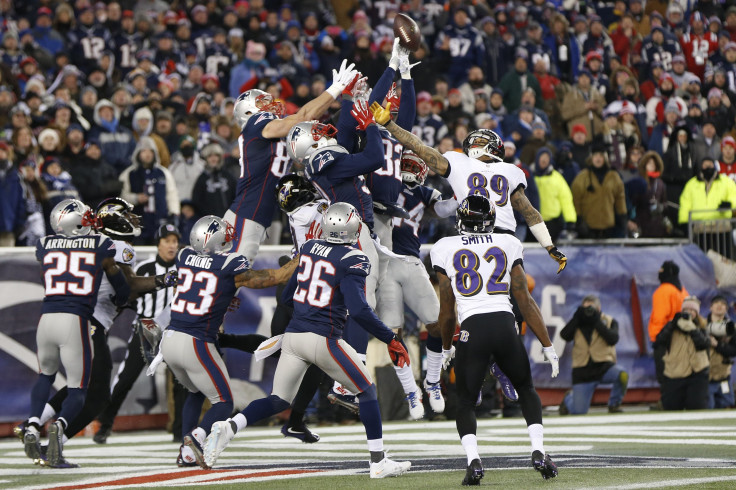Concussion Linked With Memory Problems In Former NFL Players

The researchers through their new study have evidently linked concussion with long-term brain impairments. Their findings indicate that professional football players who have had experience with concussion along with loss of consciousness might be at a high risk of shrinkage in the hippocampus area of the brain, leading to poorer memory later in their life. The study is published in the journal JAMA Neurology.
A direct jolt or blow to the head or even a hit to the body that might cause the head to move back and forth violently prove to be the reason behind concussion, a mild traumatic brain injury and possibly unconsciousness. Although concussion can occur in anybody, it is most commonly seen in athletes. The symptoms of concussion are dizziness, headache, changes in mood and loss of memory.
For their study, the team of researchers lead by Munro Cullum, PhD, a neuropsychologist at the University of Texas South-western Medical Center in Dallas assessed 28 retired National Football League (NFL) players aged 36-79 years. Out of these, 17 had the history of a grade 3 concussion along with loss of consciousness, while eight had been diagnosed with mild cognitive impairment or MCI in addition to having concussion in their past. Also, 21 healthy individuals aged 21-77 years with no history of MCI or football playing or concussion, had participated to act as the controls for the study along with six participants that had no previous history of concussion but had been diagnosed with MCI.
All participants of the study underwent brain scans and four tests that assessed their memory. The researchers observed that in comparison with control participants, the retired NFL players with a history of concussion who had not been diagnosed with MCI scored worse on tests of verbal memory. Moreover, former NFL players with a history of concussion and presence of MCI clinically performed worse on verbal memory tests when compared with both control participants and former NFL players without MCI.
Cullum says "Our findings suggest that a remote history of concussion with loss of consciousness is associated with both later-in-life decreases in hippocampal volume and memory performance in retired NFL players.” He further adds that “These findings serve as a potential risk factor for mental changes later in life. We don't know how much the risk is increased. We also can't predict who is going to have memory problems."
To contact the writer, email:ruchira.dhoke@gmail.com






